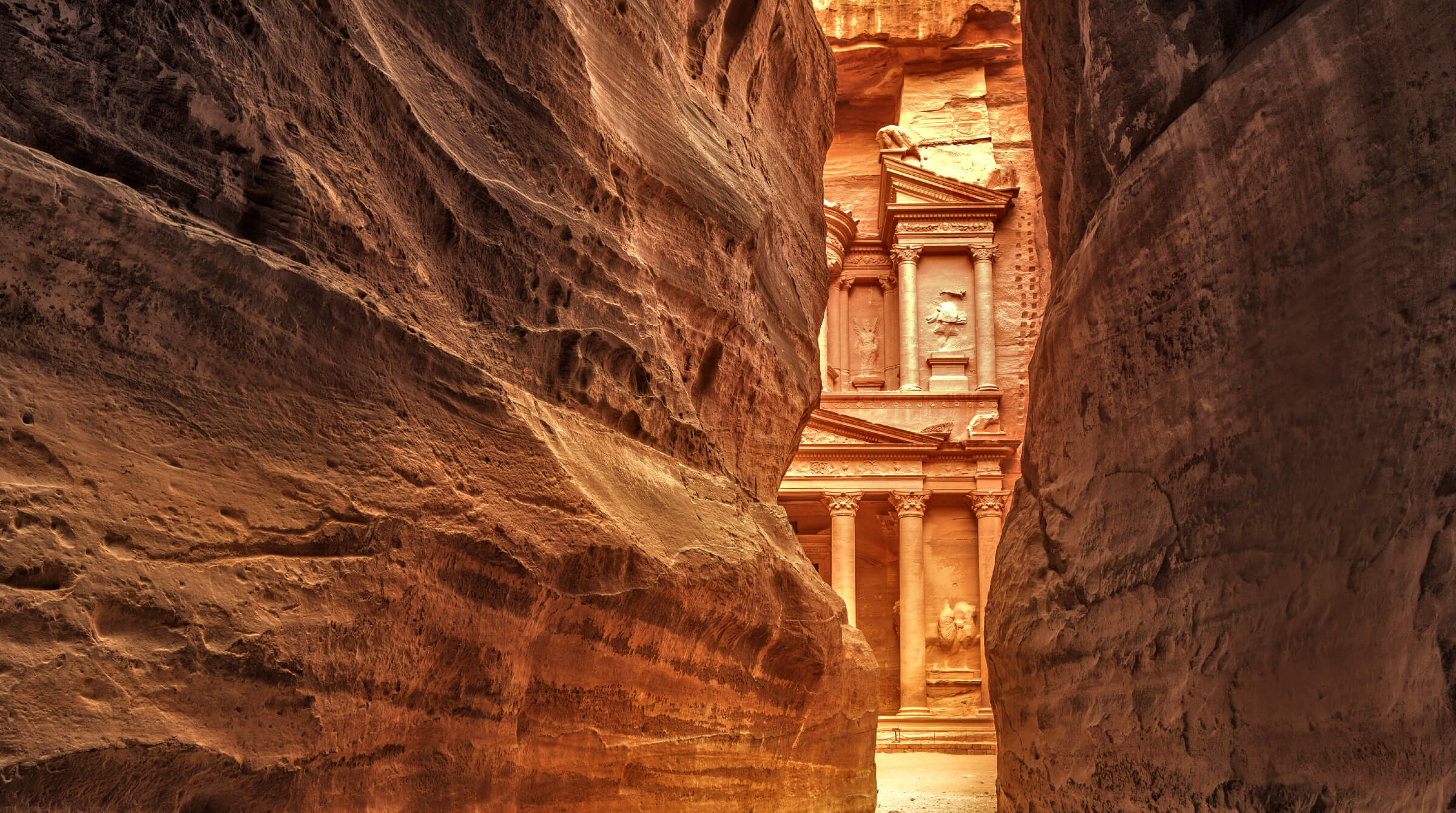先史学・考古学とは?
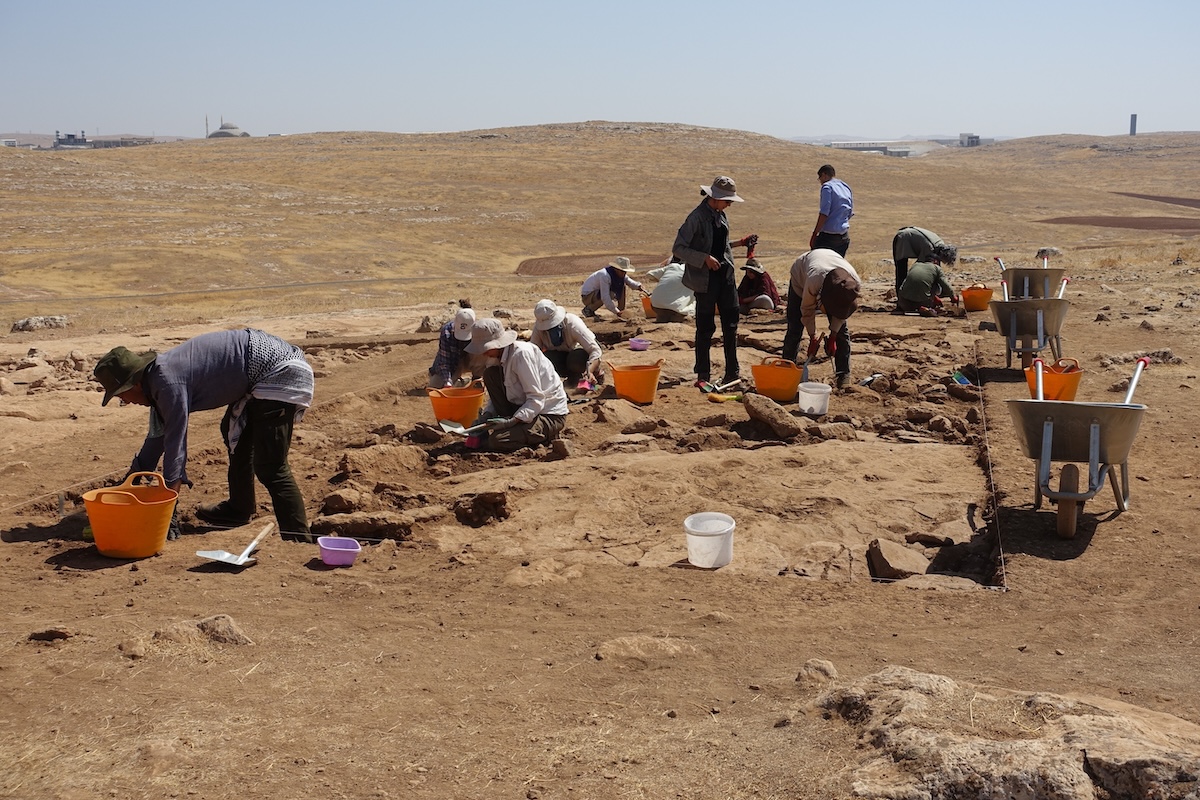
先史学、考古学とは?
考古学=Archaeologyは、遺跡発掘などのフィールドワークで得られる物質文化資料(モノ)を分析することで、過去の人間社会の営みを知ろうとする学問です。それに対して先史学=Prehistoryは、生態学や環境科学なども動員して、人間と自然環境との関わりに重点を置いて人類史を復元しようとする傾向があります。ただし、先史学も考古学も、おもに遺跡や遺物の研究を通じて過去の人間社会にアプローチすることに変わりはなく、1つの研究分野と考えて問題ありません。
先史学や考古学にとって、遺跡の踏査や発掘調査は研究資料を得るための最も重要な方法です。しかし遺跡は一度発掘してしまえば、発掘という研究機会を二度と再現することはできないという性格を持っています。
本コースでは、厳密な作業と斬新な発想にもとづいて、たった一度だけの発掘の機会を歴史の再構成に生かせる研究をおこなうことができる学生を育てたいと願っています。
授業科目の一例
- 先史学概説
- 考古学概説
- 考古学方法論
- 物質資料研究法
- 先史学特講
- 考古学特講
- 先史学・考古学外書講読
- 先史学・考古学演習
- 先史学実習
- 考古学実習
授業紹介
考古学概説はどんな授業?
人類の始まりから現代までを扱う考古学とはどのような学問なのか(春学期)、日本考古学ではいま何が議論されているのか(秋学期)について理解を深めていきます。
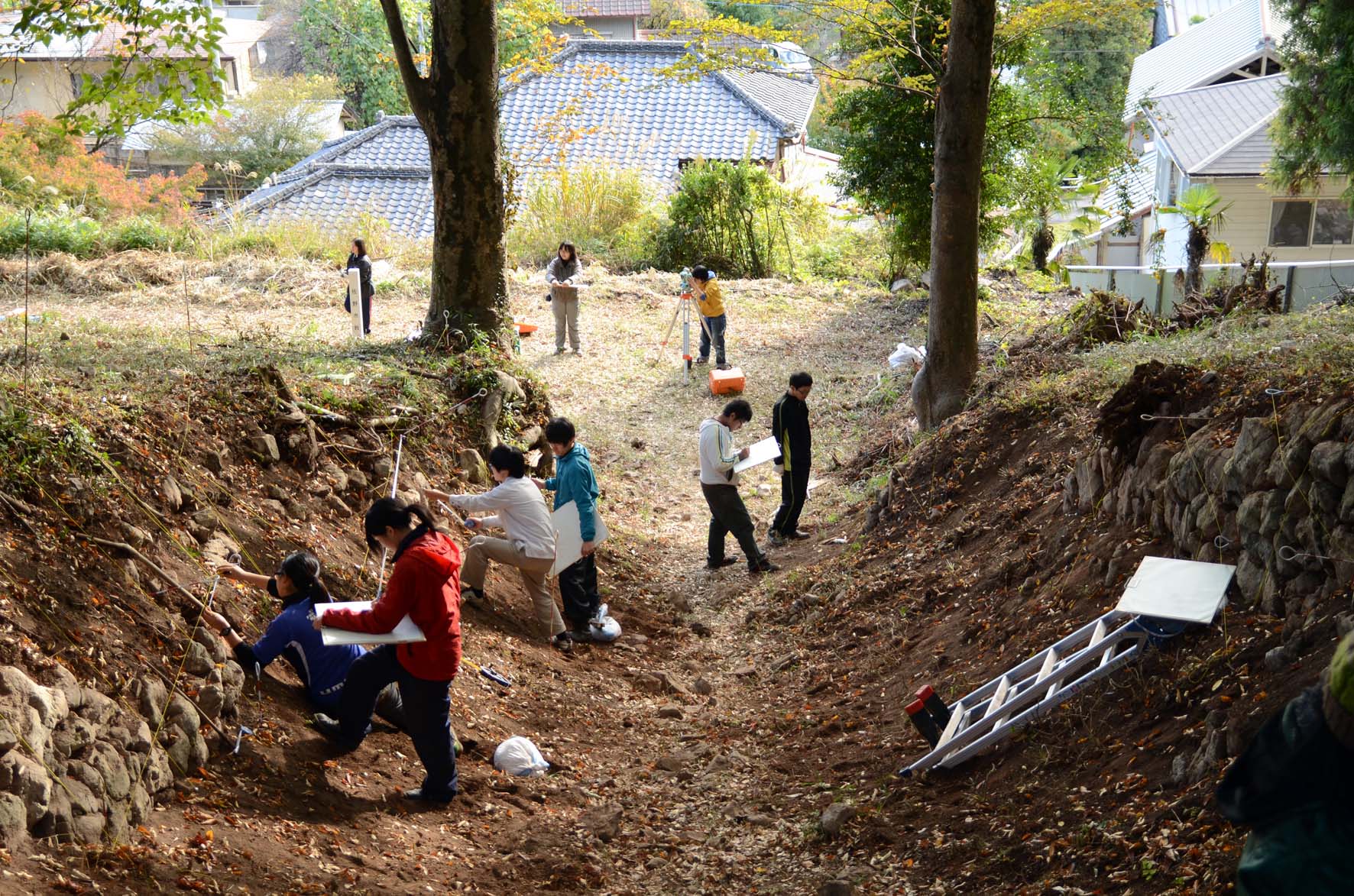
- 考古資料とは何か
- 年代を探る
- 機能を推定する(以上、春学期)
- 列島社会の統合と国家形成
- 墓石から探る家族の歴史
- 考古学と現代(以上、秋学期)
先輩たちの卒業論文
- 縄文時代および弥生時代におけるサメ歯関連製品の利用について
- 弥生再葬墓における土器の系統と造営集団
- 埴輪に付属する鳥形土製品の性格
- モンゴル帝国期の食生活について
- 江戸時代の化粧道具―紅皿・紅猪口の検討―
- 日本におけるパブリック・アーケオロジーの現状と今後への提言
所属教員紹介
※表示順が職階順でないことがあります
| 教員名 | 職階 | メッセージ | |
|---|---|---|---|
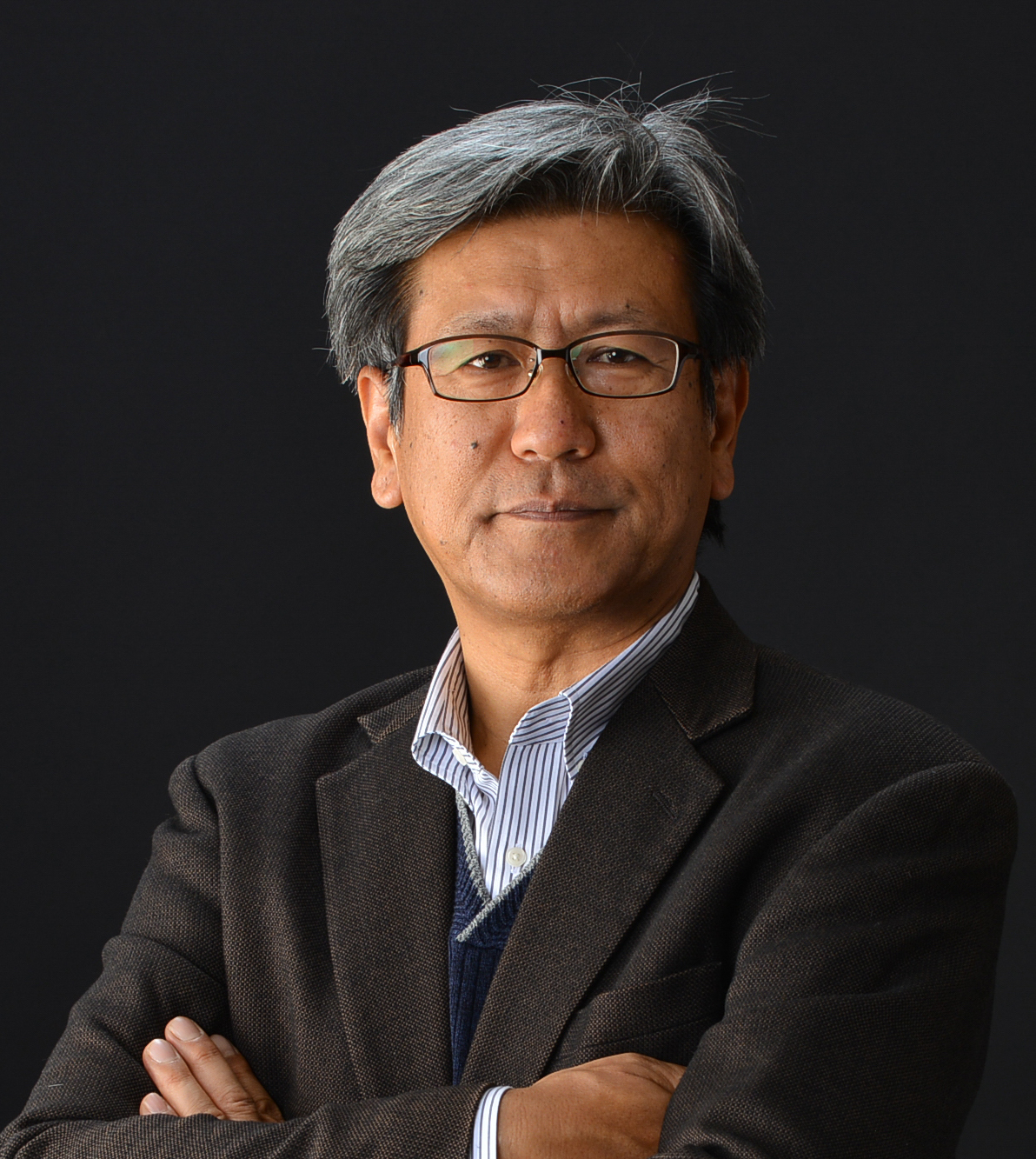
|
三宅 裕 Yutaka Miyake | 教授 | 先史学・考古学コース 西アジアの先史考古学 |
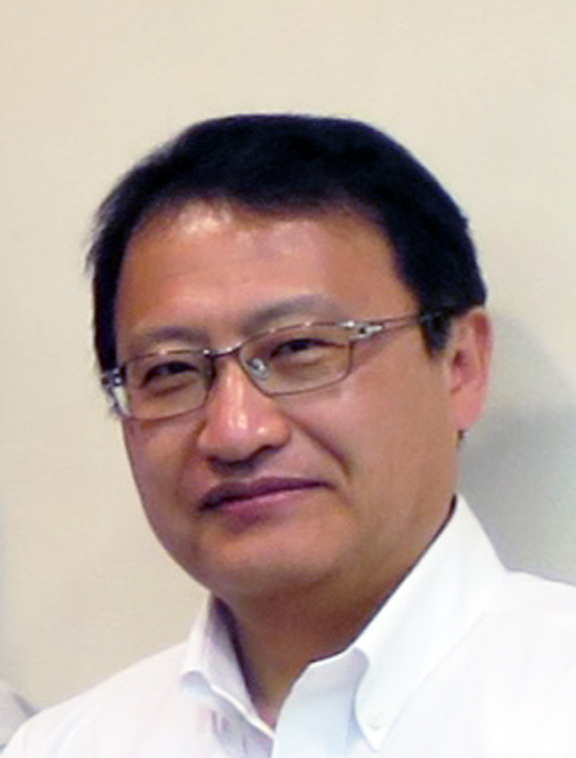
|
滝沢 誠 Makoto Takizawa | 教授 | 先史学・考古学コース 古墳時代の政治と社会 |
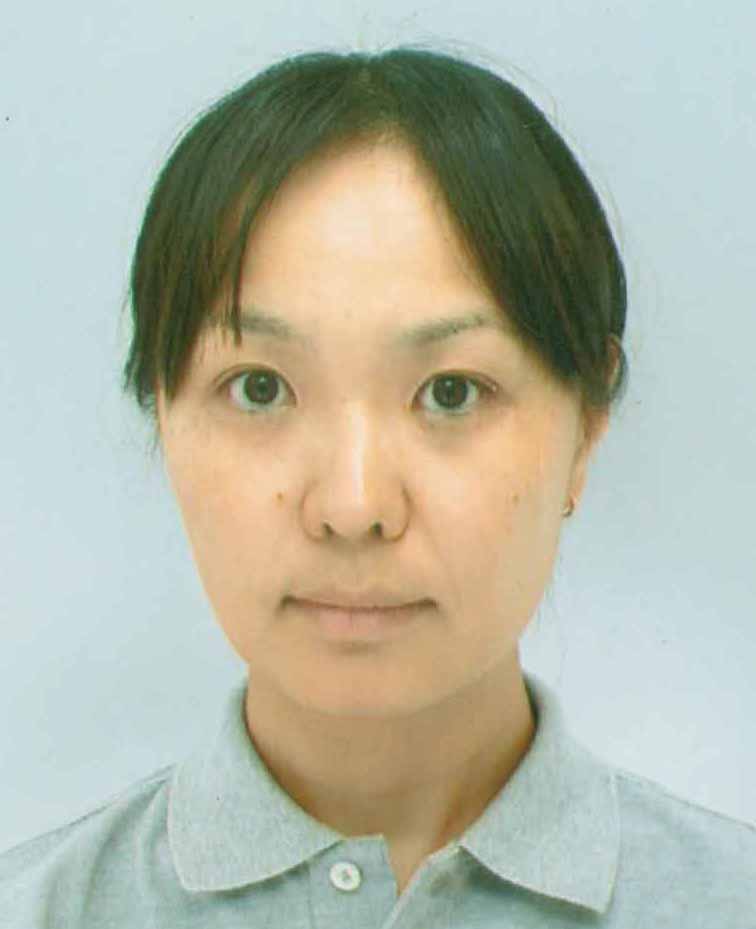
|
谷口 陽子 Yoko Taniguchi | 教授 | 先史学・考古学コース 考古科学・保存科学 |
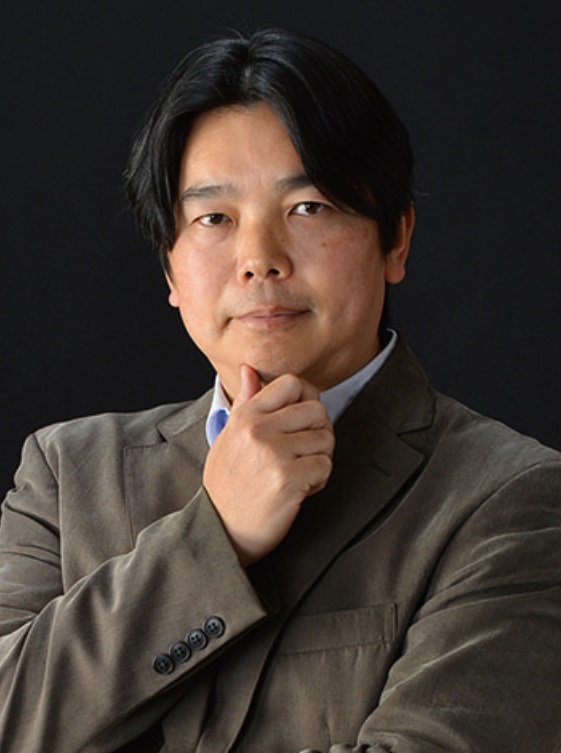
|
前田 修 Osamu Maeda | 准教授 | 先史学・考古学コース 西アジア新石器時代の社会・石器研究 |
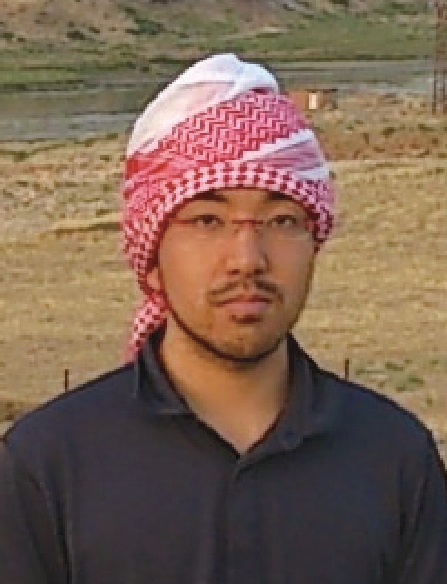
|
板橋 悠 Yu Itahashi | 准教授 | 先史学・考古学コース 骨や植物遺存体の化学分析、古食性復元、年代測定 |
学生の声

鞭と拳銃を手に密林の遺跡を駆け巡り、ヒロインとともに世界の謎に迫る――有名映画に描かれた「考古学者」の冒険はそんなものでしょうか。
もちろんこれは全くの創作ですが、現実の考古学もフィクションに負けないくらい刺激的な学問です。数百年、数千年、場合によっては数万年前の歴史を語るために、考古学を学ぶひとは遺跡を調査・発掘し、出土した土器や石器などを分析します。「遺物」「考古資料」などと呼ばれるこれらのモノは、過去のひとびとが実際に作ったり、使ったりしたものです。
こうした過去のひとびとの痕跡に実際に触れることができるのが、考古学の醍醐味であると私は思っています。
先史学・考古学コースの授業では、座学はもちろん、実践的に考古学の技術を学ぶことができます。普段は博物館でガラス越しに見ている遺物に触れて、肌で感じて学びを深めていくのは、考古学ならではのスタイルです。また2・3年次で参加する実習では、実際に遺跡の発掘調査を経験することができます。
本コースでは、生徒が自身の興味関心に基づき、思い思いの課題を見つけて研究に取り組んでいます。先生方にアドバイスをいただき、学生同士がお互いに情報交換をしながら、自分の研究を進めることができる理想的な環境が整っています。
あなたは自分の手で数千年前の土器を掘り出したことはありますか?古墳の石室を覗いたことは?
弥生人の手相を観察したことは?西アジアで一番古い土器に触ったことは?
考古学でしかできない経験に興味はありませんか?
About Prehistory and Archaeology
About Prehistory and Archaeology
Archaeology is a discipline that seeks to understand the history of human societies based on material evidence obtained through excavation. In addition, Prehistory tends to use biological and environmental sciences to focus more on the relationship between human and the natural environment.While both Archaeology and Prehistory approach human society through research on archaeological sites and artifacts, the current mainstream thinking is that archaeology focuses on civilized societies, whereas prehistory focuses on pre-civilized societies.
In both archaeology and prehistory, surveys and excavations of archaeological sites are the most important methods of obtaining research resources. However, we must know that the nature of archaeological sites is that a site can only be excavated once. In this course, we would like to cultivate students who are able to conduct research that uses such one-time excavation opportunities to reconstruct the history of human societies, based on rigorous work and innovative thinking.
Example of Subjects
- Basic Prehistory
- Basic Archaeology
- Methodologies in Archaeology
- Survey methodologies in Archaeology
- Prehistory
- Archaeology
- Seminar in Prehistory and Archaeology
- Field study in Prehistory
- Field study in Archaeology
Course Introduction
What do you learn in the Basic Archaeology class?
Students will gain a deeper understanding that archaeology is an appealing, important and essencial, but sometimes powerless, discipline for our lives in the present and future.

- What is Archaeology?
- The Archaeology of Garbage
- Typology
- Archaeology and Ecology
- Archaeology and Ethnography
Senior Graduation Thesis
- A Reconsideration of the Distribution of Obsidian from Central Anatolia: From the Pre-Pottery to the Pottery Neolithic Periods
- Chambered Burials and Burial Practices: A Case Study from Eastern Japan
- The Background behind the Construction of the Stone Wall at Sumpu Castle
- Characterization of Jomon Pottery and the Analysis of Its Distribution: Based on the Analysis of the Pottery from Nishida Site
- The Life History of Huge Stone Rods from the Middle Jomon Period
- A Reconsideration of Emuta Site in Dazaifu, Fukuoka: Based on the Records from the Investigations by the Tokyo University of Education
- A Reconsideration of Salt-Making Using Jomon Pottery in the Kanto Region
- Artifacts With Animal Designs Known from the Okhotsk Culture
- The Relationship between Humans and Boars during the Jomon Period
- Temple Renewal during the Formative Period of Northern Peru and Its Implications for Social Change
- Social Functions of the Amphitheater in Ancient Rome
- A Study of Cairn Burials from the Kofun Period in the Foothills of Mount Haruna
Message From Course Faculty
| 教員名 | 職階 | メッセージ | |
|---|---|---|---|

|
三宅 裕 Yutaka Miyake | 教授 | 先史学・考古学コース 西アジアの先史考古学 |

|
滝沢 誠 Makoto Takizawa | 教授 | 先史学・考古学コース 古墳時代の政治と社会 |

|
谷口 陽子 Yoko Taniguchi | 教授 | 先史学・考古学コース 考古科学・保存科学 |

|
前田 修 Osamu Maeda | 准教授 | 先史学・考古学コース 西アジア新石器時代の社会・石器研究 |

|
板橋 悠 Yu Itahashi | 准教授 | 先史学・考古学コース 骨や植物遺存体の化学分析、古食性復元、年代測定 |
Student Voices

GraduateKeita Arai
"Archaeology is when you excavate things, right?" I'm often asked that question, and rightfully so. However, what we unearth is not dinosaur fossils or trilobites, but the traces of human life, such as pottery and stone tools.
Unlike history, which deals with written documents, archaeology’s best sources are found buried under the ground. This is why archaeologists go on excavations. Like forensics, they use material evidence left at a scene to deduce how people behaved in the past…a simple yet exciting discipline. For example, we can study the way a hole was dug or stone tools were made to tell whether the maker was left-handed or right-handed.
University of Tsukuba has faculty who specialize in West Asia, the Kofun Period, and heritage conservation, which you can study in detail, but you can also conduct research in a broad range of other fields. Any studies of material records that past people have left behind since the birth of humankind until the present can be considered archaeology. Those who are interested in excavations, ancient mysteries, pyramids, Machu Picchu, and the like should join a prehistory and archaeology class and chat with the senior students.
I recommend that those who are interested in the Prehistory and Archaeology Course visit an archaeological sites or museums on their day off. There, you can experience the objects people of the past have made and the landscapes they would have seen. Have fun as you explore ancient mysteries.
